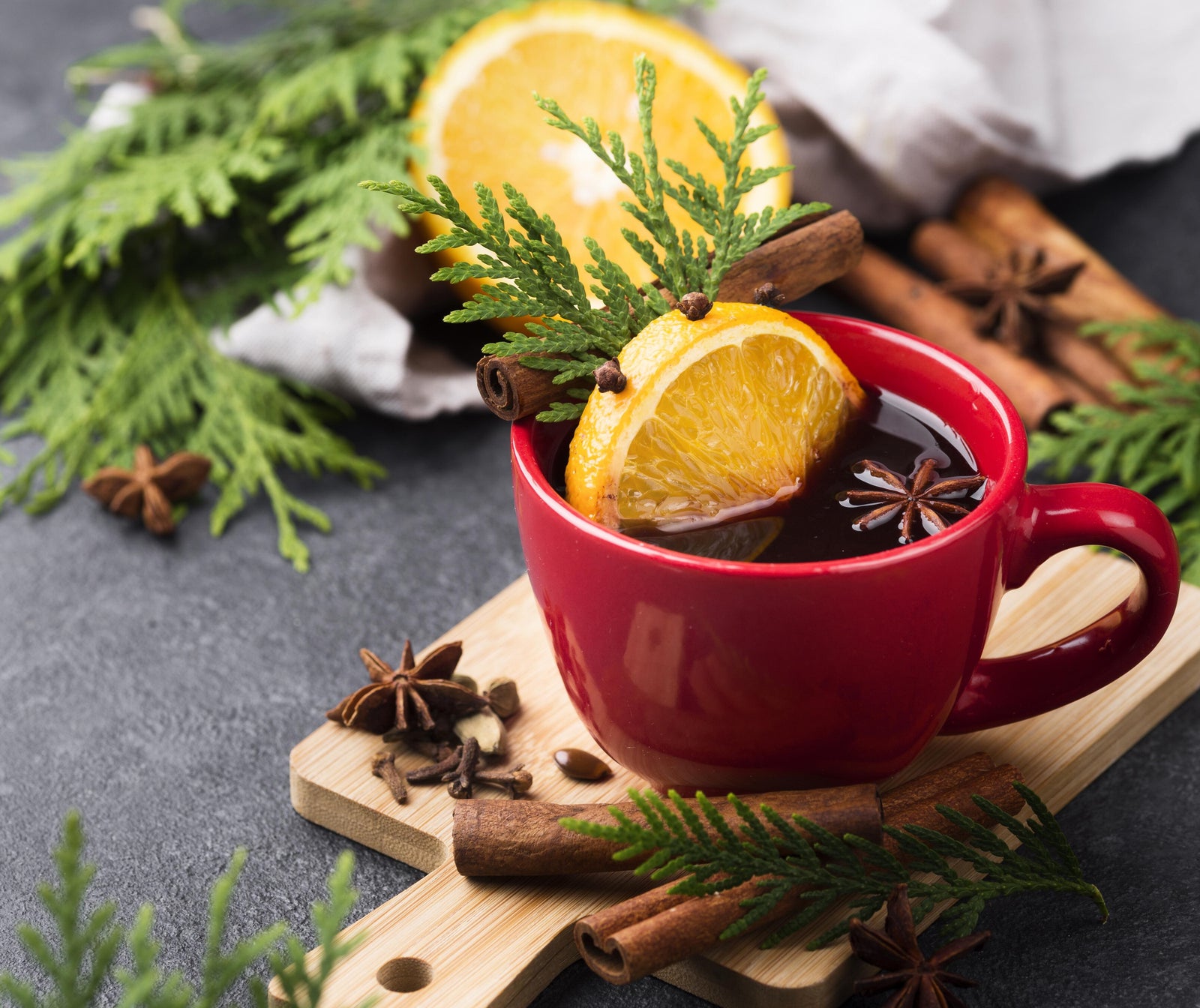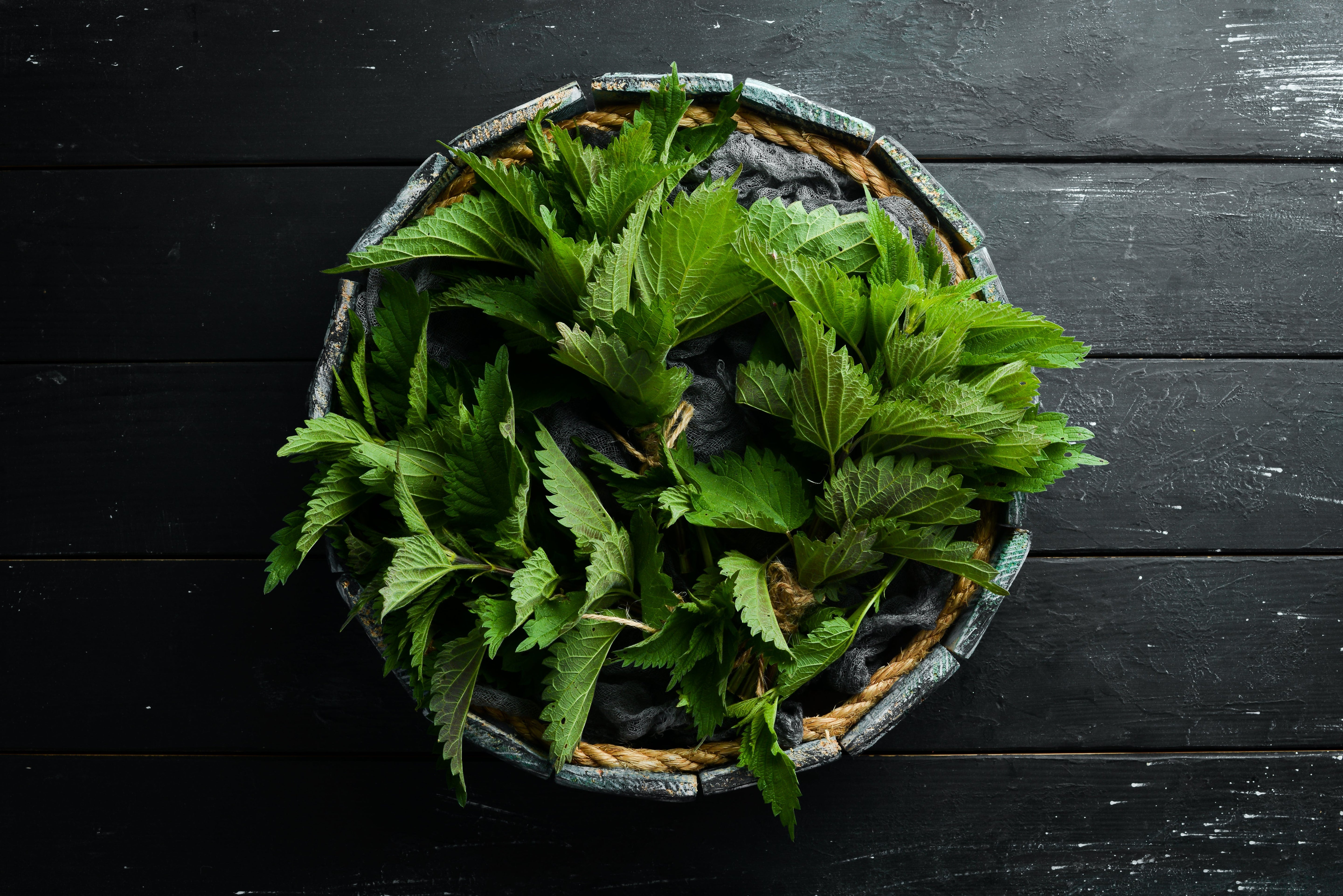Let's fight colds and coughs with herbs

A cold is an unpleasant condition that most often affects us in the autumn and winter. It is usually accompanied by a runny nose, sore throat and headache, cough and general feeling of being unwell. Herbs can naturally fight infections. Herbs for colds have diaphoretic, antipyretic, antiviral and antibacterial effects. They clear the respiratory tract, eliminate fatigue and lower fever. Used in the form of herbal teas, inhalation infusions or syrups, herbs can quickly and effectively eliminate the symptoms of the disease, but also strengthen our natural immunity and improve the body's efficiency.
Marshmallow root (Althaea officinalis L.)
Marshmallow is a very well-known plant and is used for homemade cough syrups. Marshmallow syrup is beneficial in combating upper respiratory tract infections, but it can also help with digestive tract diseases or skin inflammations.
The most well-known properties of marshmallow are its soothing properties of upper respiratory tract infections. It is administered as a protective measure for sore throats, laryngitis, vocal cord inflammation, and as an aid in the treatment of angina and infections with dry cough or bronchial secretions. The mucus contained in marshmallow has properties that coat the mucous membrane and soothe irritations. On the one hand, it protects the mucous membrane of the throat from drying out during coughing, and on the other hand, it facilitates expectoration of secretions.
Linden flower and leaf (Tilia cordata)
The beneficial properties of linden tea are due to the ingredients contained in the flowers. These are primarily flavonoids, phytosterols, tannins and mucus. It also contains vitamins C and PP as well as organic acids and mineral salts.
Linden flower is mainly used for problems with the upper respiratory tract. Linden tea is recommended for colds, fever, cough, sore throat and runny nose.
It has anti-inflammatory, diaphoretic and respiratory tract-protecting effects, reducing throat irritation. Linden tea reduces body temperature and cough. It relieves nervous tension, calms, relaxes and helps to fall asleep.
Linden tea also has a diuretic effect, which has a beneficial effect on the urinary system. In folk medicine, it was used as a remedy for kidney and bladder diseases.
An infusion of linden flowers can help with stomach problems - it stimulates the secretion of gastric juices and soothes irritation. This tea is a good addition to heavier dishes.
Coltsfoot (Tussilago farfara)
Coltsfoot contains many valuable compounds responsible for its health-promoting effects. These include essential oils, flavonoids, mucus, phytosterols, triterpenes and mineral salts.
Coltsfoot has protective, coating, expectorant, bactericidal, anti-inflammatory, astringent and antispasmodic effects. Coltsfoot is mainly used in the treatment of upper respiratory tract diseases, especially those associated with wet or dry cough and sore throat.
Coltsfoot has an expectorant effect - it dilutes secretions accumulated in the respiratory tract. Flavonoids found in coltsfoot are responsible for relaxing the muscles of the upper respiratory tract, which additionally facilitates expectoration of troublesome secretions.






